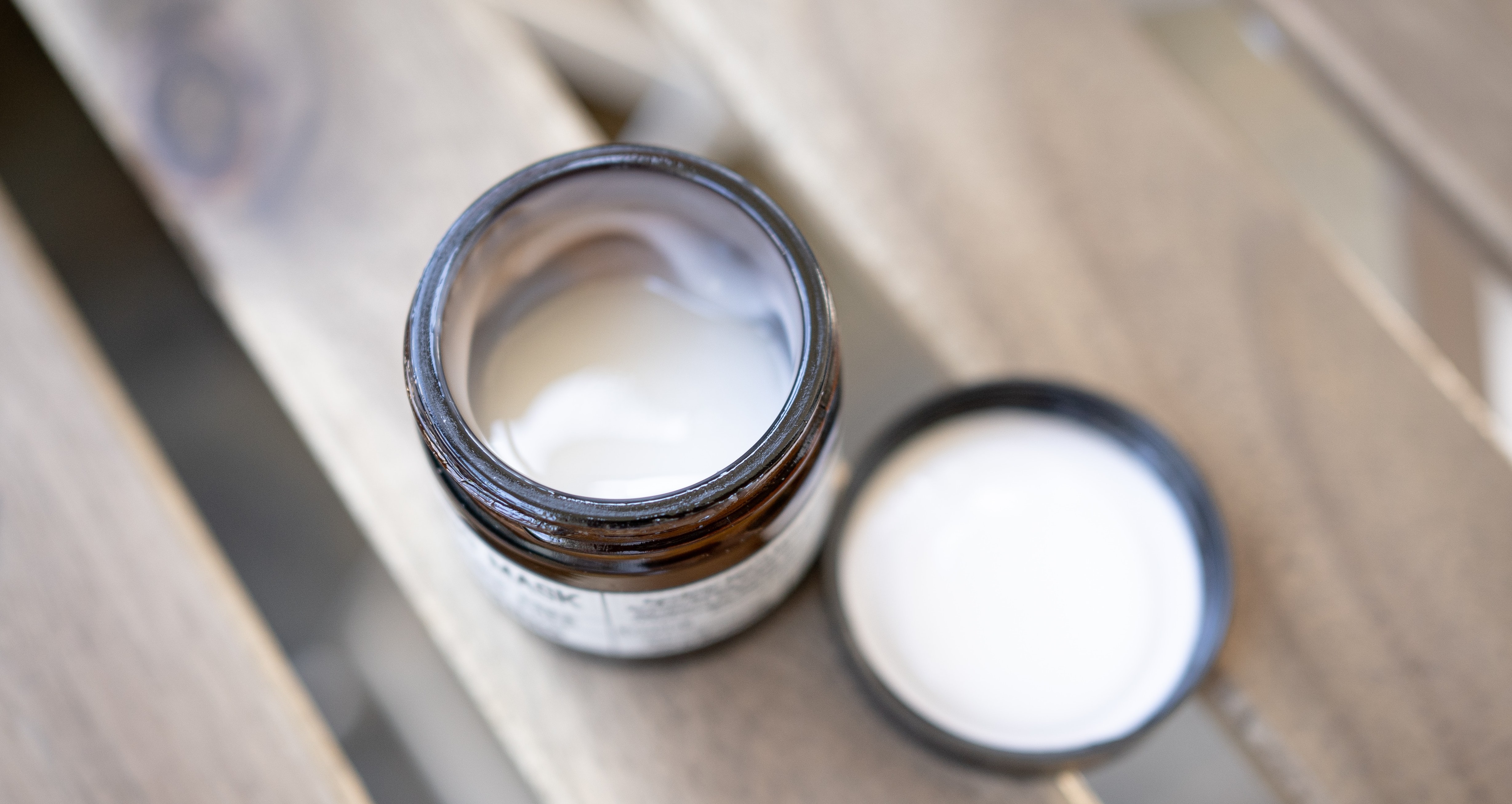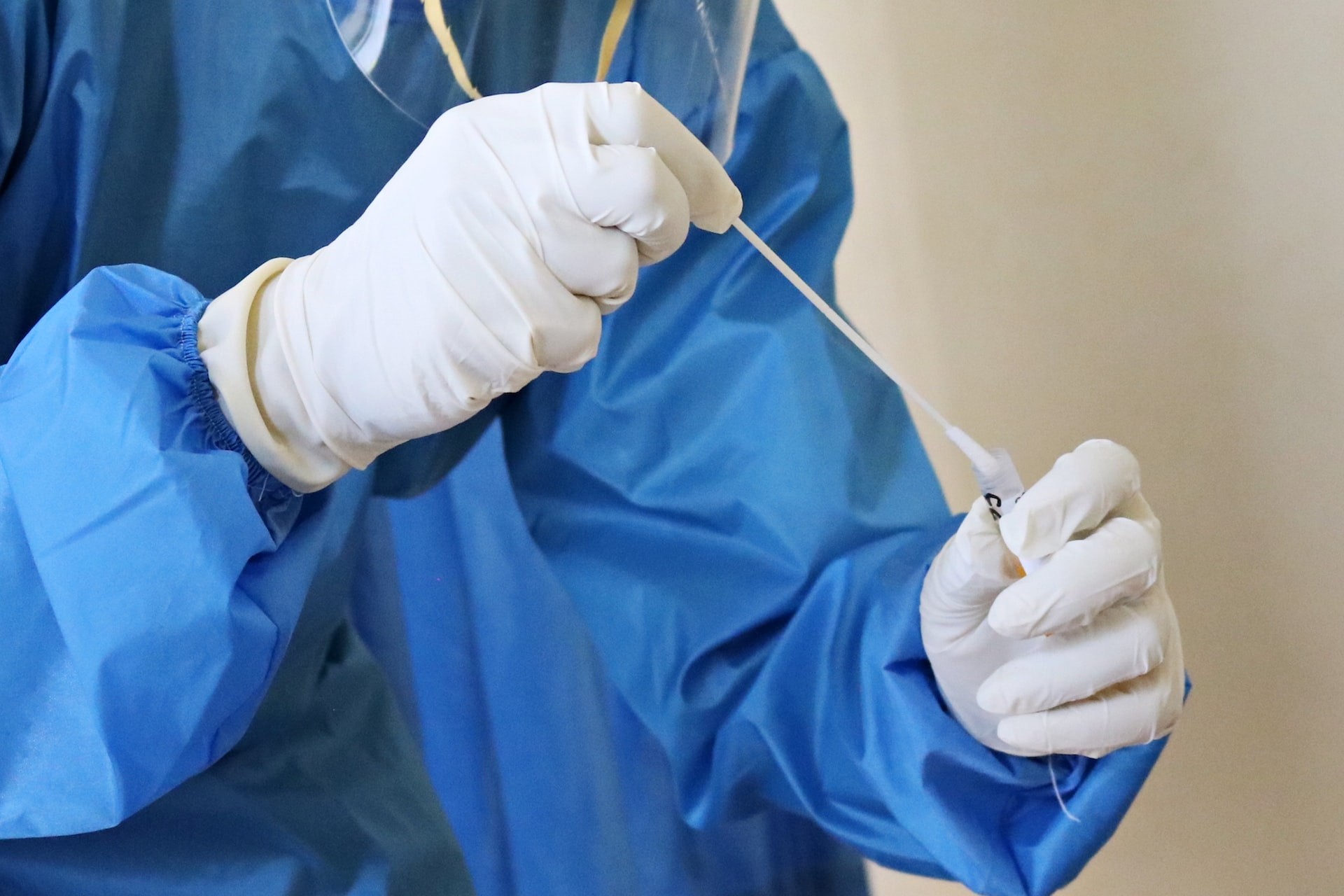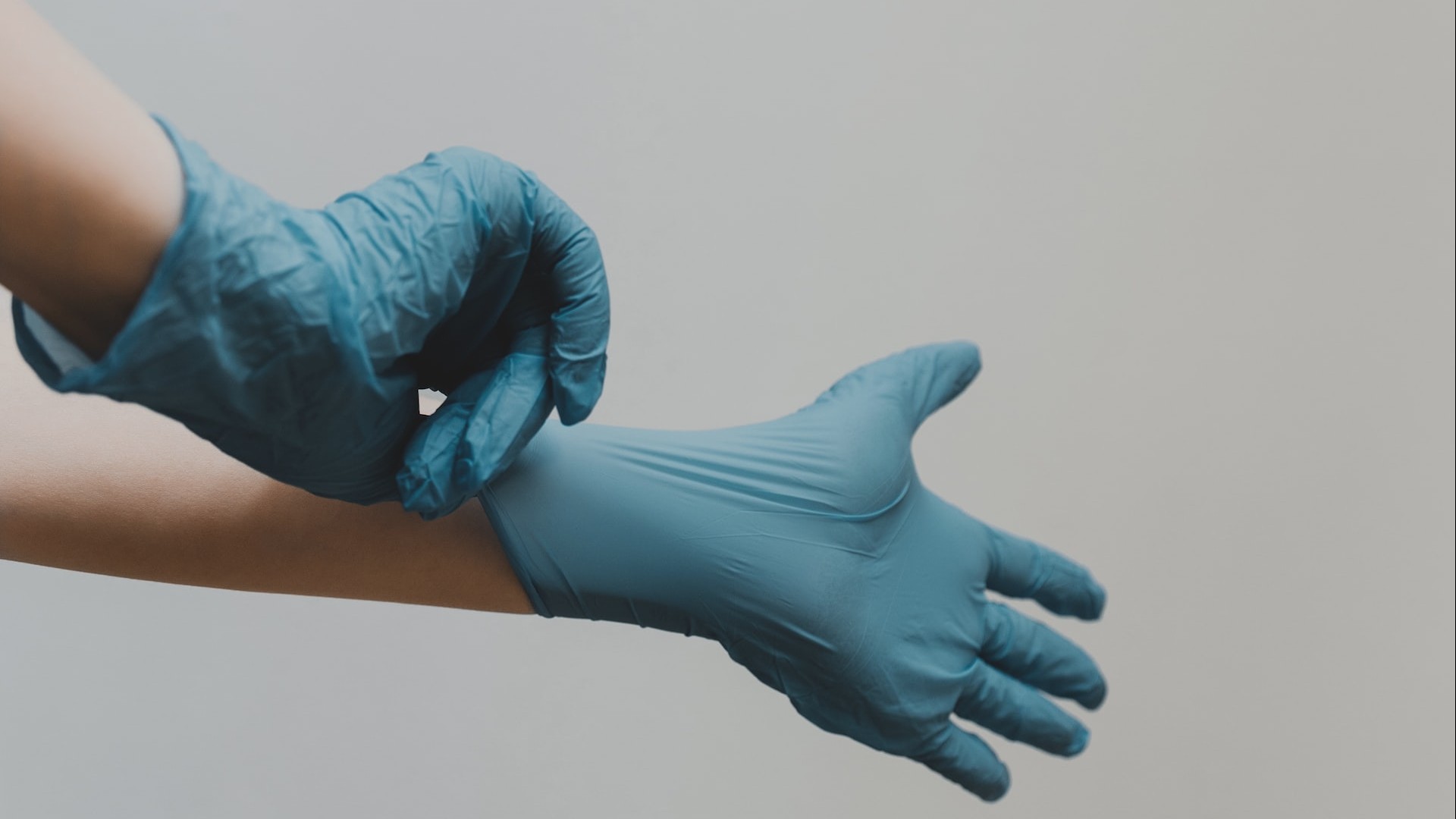"Dermatologist tested" is a hot term right now among cosmetic product marketers. We've received several questions from Formulate users about what this term actually means. We reached out to several practicing dermatologists to learn their advice -- you'll find answers to all your questions about the term "dermatologist tested", as well as the comments given to us by our dermatologist pals below. Happy reading!
What does it mean when a product is "dermatologist tested"?
"Dermatologist tested" means at least one dermatologist tested it at least once on human skin in some capacity. It does not mean that the product was rigorously tested, or that it is recommended by the dermatologist who tested it. It does not mean that the product performs as advertised.
Advice from actual dermatologists:
Dr. Samuel Hetz, Medical Director of Concept Medical: Dermatologist tested is an extremely broad definition that holds no legal weight. It generally means that the product has been tested on human skin in some capacity and did not cause any reactions. However, this distinction doesn't provide information about how the test was carried out, whos/what type of skin it was tested on, or how much was applied.
Dr. Brian Moore, Dermatology Advisor to Illuminate Labs: This phrase just means that one single dermatologist tested the product. It doesn't even mean that the dermatologist approves or recommends it; just that they tested it. It's not a claim of efficacy.I recommend that consumers disregard this type of marketing claim.
What kinds of steps does a brand need to take to claim a product is dermatologist tested?
A brand can legally claim that a product has been "dermatologist tested" if a dermatologist has applied the product to human skin at least once. A brand does not need to involve the dermatologist in the formulation process in order to make this claim.

Advice from actual dermatologists:
Dr. Moore: Any brand can make this claim if a dermatologist tested their product. A brand may ship free product to a dermatologist and have them test it on themselves or a patient. Then the brand could claim that the product was "dermatologist tested."
Dr. Alex Trevatt, Aesthetic Doctor/CEO of Avon Aesthetics : The term 'Dermatologist Tested 'isn't necessarily an indicator that a product has been tested to the highest standards. Many assume that this means dermatologists have been involved in creating the product and have tested it to ensure it works. In reality, a brand can make this claim even if a dermatologist has only been involved in a small part of the development process. They may have only checked that the product isn't toxic to the skin. Do not assume that because something is dermatologist tested, all of the beneficial effects it claims to have on your skin have been proven.
Is the term dermatologist tested regulated in any way?
The term "dermatologist tested" is not regulated by any government agency.
Advice from actual dermatologists:
Dr. Cory Gaskins, Medical Advisor at Skincv.com: There is no government regulation on the phrase "dermatologist tested," but the Food and Drug Administration can request proof from companies that use the term. Dermatologists say that the term is meaningless without more information, such as what was tested, how it was tested, and how many people were tested.
Does dermatologist tested mean hypoallergenic?
Both terms are unregulated by government agencies, though they are regulated by industry. The companies that manufacture and sell the products decide if the products are marketed as dermatologist tested and/or hypoallergenic. To make this decision, many companies utilize a test that's considered to be a standard within the industry, called the Human Repeat Insult Patch Test. This involves exposing skin to a product nine to ten times, having a two week rest period, and then again exposing skin to the product.
Advice from actual dermatologists:
Dr. Hetz: They are similar in that both distinctions are unregulated. The hypoallergenic status is defined by the company that is making the product. Usually, they will label items as hypoallergenic if they are at least free from common allergens such as fragrance. However, it is not required. The company's definition of dermatologist-tested and hypoallergenic may fall under the same umbrella, and therefore they opt to use one or the other or both.

Does dermatologist tested mean approved?
Dermatologist tested does not mean that a product is recommended by dermatologists in general, or that it is approved by the Food and Drug Administration. This term means only that a dermatologist applied the product to human skin. This term does not mean that the product was found by a dermatologist to be effective.
Advice from actual dermatologists:
Dr. Alain Michon, Medical Director at the Ottawa Skin Clinic: Dermatologists do not formulate skincare. They may approve of a formulation by being involved in the process, or possibly they tested a formulation themselves and approved of the science behind it for its intended use. The key 'approved' distinction you want is from the governing body of the product's location. However, this is more crucial in the United States because many cosmetic products can go on the market without FDA approval.
Sometimes dermatologists promote products they do not use with clients, so if a dermatologist approves of something, you want to ensure they recommend this product through their services and to their clients often.
Dr. Moore: No. A product could be tested and have no beneficial effects, but so long as it's tested by a dermatologist a brand could claim that it's "dermatologist tested."
What is the difference between dermatologist tested and dermatologically tested?
Dermatologist tested means that a single dermatologist has used the product on either themself or someone else. Dermatologically tested implies that the product was tested more vigorously, though the term is meaningless without published results.
Advice from actual dermatologists:
Dr. Michon: Dermatologist tested is a very broad term meaning a dermatologist somewhere used the product and verified it. Dermatologically tested means a dermatologist supervised the testing process and signed off on the product. Both distinctions do not have much legal weight. They don't hold much meaning if you are trying to find a product that experts really endorse.
Dr. Moore: Dermatologist tested just means that one or more dermatologists tested the product. Dermatologically tested suggests that the brand has tested the product on various skin quality parameters like redness and wrinkles, but without publishing the test results such a claim is functionally meaningless.
What is your advice for consumers who want to look past marketing and see if a product has actually been recommended and tested by an expert?
Dr. Michon: If you want to know the products a doctor recommends, you can consult with them directly. The benefit of going to a skincare doctor is that they can assess your specific skin needs; this is why there is no general yes/no guide on the internet. What works for one person may not work for all. Additionally, many skin care doctors who work privately will have a skincare line they endorse based on years of experience with the products. Usually, these skincare brands will have various products, giving doctors many options of different solutions to recommend to clients.
Dr. Trevatt: The easiest way to look past the marketing of a skin product is to read the small print around the claims being made. If they say 9/10 people thought the product was beneficial, look at the actual questions those people were asked. For example, if the product is a moisturiser with anti-ageing properties, find out what aspect of the product they were actually asked about. It's not uncommon for marketers to be purposefully vague when describing the results of surveys. There's a good chance that all those who said the product was beneficial were referring to the moisturising effect, not the anti-ageing benefits.
You can do the same with expert recommendations. Look at the small print and find out precisely what the expert recommends. For example, if a brand of moisturiser claims to be expert-recommended, it may be that the expert has recommended moisturisers in general, not that specific product. Similar to the above, they may be recommending it for a different reason than implied in the marketing, such as to treat dry skin, not wrinkles.
Dr. Moore: I recommend that consumers only consider clinical research that's published in legitimate medical journals. A brand may fund clinical trials of their product or highlight ingredients in their formulation that have been proven effective in legitimate clinical research.
Any claim of efficacy not involving clinical research should be entirely disregarded, including claims of clinical efficacy based on company-funded clinical trials that are undertaken by for-profit research firms and are not published in any legitimate scientific or medical journals. This practice is unfortunately common in the cosmetics industry.
Wanna learn more about the world of skin and hair care? Here's your next read:
Frizzy Curly Hair Care 101
How to defrizz your curls and get 'em back into shape!
Hot Rollers Vs. Curling Irons
What's the difference between hot rollers and curling irons?
Difference Between a Mole and a Freckle
What's the difference between a mole and a freckle?
Moisturizer vs Lotion: What's the difference?
Can you use body lotion on your face?
Tips For Washing Hair In Hard Water
This is your guide to washing your hair in hard water
Minimalist Hair
Welcome to the wonderful world of minimalist hair
Type of Combs: Materials and Shapes
Your complete guide to picking out a comb




